Farmer protests in the Netherlands against huge proposed changes to farming, particularly a 30% reduction in livestock numbers, began three years ago this week, and peaked in the summer, with footage of extreme anger and tension seen worldwide.
This Friday, the Dutch government is due to announce some specifics of how nitrogen emissions reductions will occur. The expectation is that some form of compulsory order will buy out and take out hundreds of farms.
Johan Remkes, the negotiator appointed by the Dutch government, has said “there are no longer any good routes available for the short-term approach. The least bad route is a targeted closure of 500 to 600 peak polluters within a year”.
The Netherlands’ Ambassador to Ireland Adriaan Palm says that while we must wait for the government’s decision, change is unavoidable.
“Let me separate the nitrogen emissions (fertiliser) from the nitrates directive (stocking rates). Those are two issues that directly impact on farmers, but are separate in nature.
“The farming protests that came about basically are related to air pollution (the amount of chemical fertiliser permitted). The decision by the European Commission in Brussels around the ending of the derogation on the nitrates directive came from the European Commission.
“When you are talking about the challenges for nitrogen emissions, you’re talking about court decisions which say you have to implement this Brussels habitat directive, and that means that there are limits to total emissions in an area given the impact on the environment.
“Then you come to a situation where you say, ‘I want to build a road’ or ‘I want to build houses’, and the message is ‘sorry, you can’t do that because of the total emissions’. It means that you somewhere have to reduce those emissions or otherwise you can’t build roads, you can’t build houses. That has a very negative impact on society as a whole. We have to collectively see how can we do that in a responsive way. Remkes has suggested 500 or 600 of the peak emitters.
“Frankly speaking, if I were one of those, does it mean that I have to close? That is not yet the situation. The Dutch government on Friday will come with a reaction to the proposals in all its aspects.
“Remkes has put out three lines. One is for the short term, one is for the longer-term perspective for the farmer, and the third is for the regional approach. Now for the short term, we have to wait for the government’s reaction on what that line will be, but it’s clear that some action has to be taken.
“It all has to do with a decision the government made to try to reduce nitrogen emissions by 50% by 2030 and that has to do with the overall environmental impact [of nitrogen].
“There is a lot of money available to help make all those transitions. The current government have made available more than €20bn, on top of everything else [new money] for the nitrogen transition.
“There’s very much a focus on not just this is the way you have to go, but this is the financial support that we are making available,” he said.

Devil in the detail
Ambassador Palm warned that the devil will be in the detail on the plan.
“Just putting in the money doesn’t mean that you as a farmer have a clear long-term prospective of getting an adequate income for your way of producing your crop, your pork, your milk, your beef, but it is a very important element to allow you to make that change.
“Some farmers are now organic, and they say that while their output is down, and their income from sales is down, their costs are down too, and that they actually have more income in the end,” he said.
Focus
He also said that the focus of the CAP has really changed. “There is this change from focus on production, to support on production methods.
“I was at a conference of European wheat producers earlier this year, and the question was raised ‘aren’t consumers paying way too low prices for agricultural produce?’
“How much of their weekly income did our parents spend on food, and how much are we spending on food? Are we as consumers now ready to say I want to look a little further and, say, yes I’m willing to pay a higher price to buy something that has been produced in a sustainable way,” he said.
“Every country is different, and that makes work for me as a diplomat interesting. Every posting means new ideas, new challenges, new visions, new ideas.
Culture
“The culture of the Irish people is very much family-oriented, community-oriented.
“When you see the way that people in Ireland have reacted to the terrible tragedy in Creeslough, it is exactly what I love about Ireland. Everybody comes together, where everybody, no matter where in Ireland, puts the blanket around and says, ‘yes, we fully live with you and we want to help you’.
“That is also translated in politics. In the Netherlands, we have a national party list system, where you don’t vote for your local candidate. In Ireland you very much vote for your local councillor, your local TD and when you have certain problems, those are the people that you go to, so it really brings the community as a whole close together.”
The Netherlands is quite good at making choices at a national level compared to Ireland, according to the ambassador.
“For example, now you are seeing the challenges with offshore wind. You see that it takes some time for Ireland to make those choices, and to get the whole planning system in place.
“There is a national discussion around which ports you see as crucial for the development of offshore wind. It takes time.”



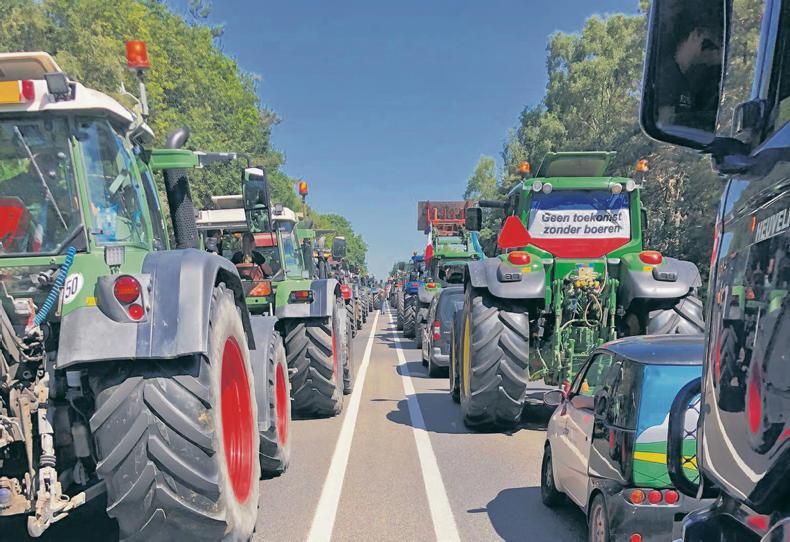

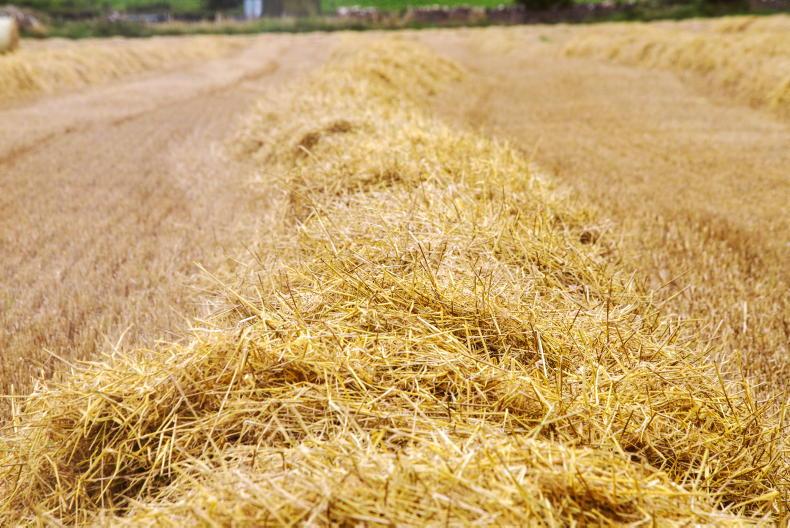

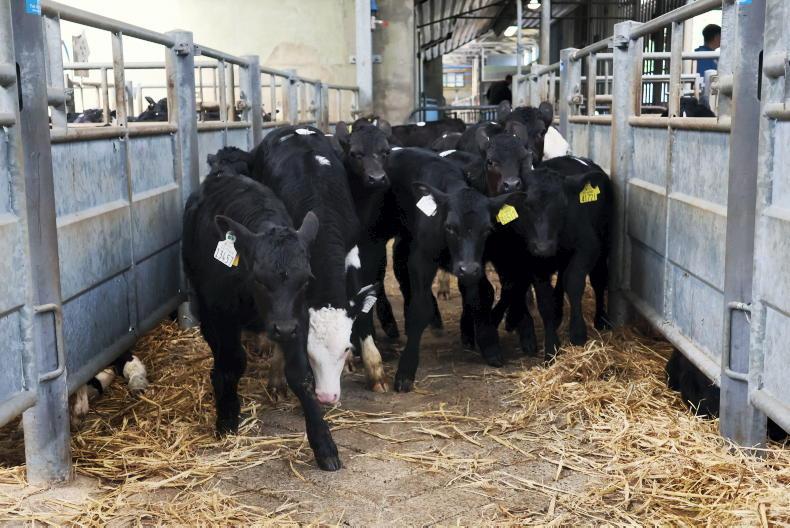
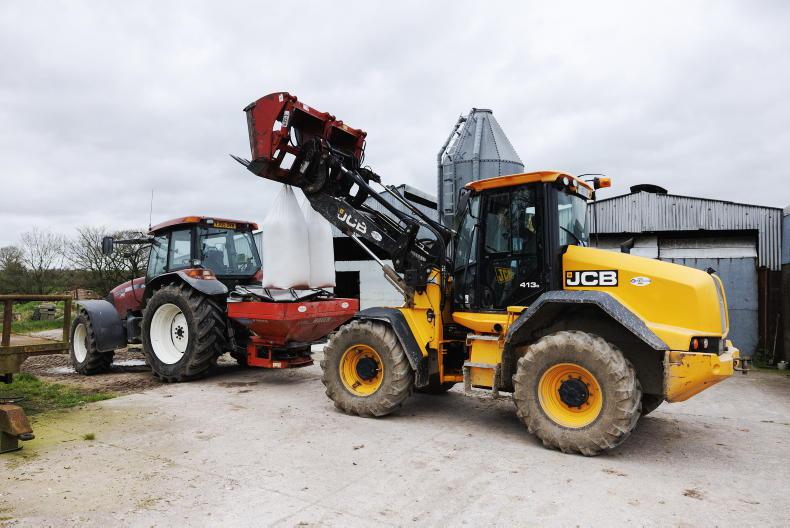
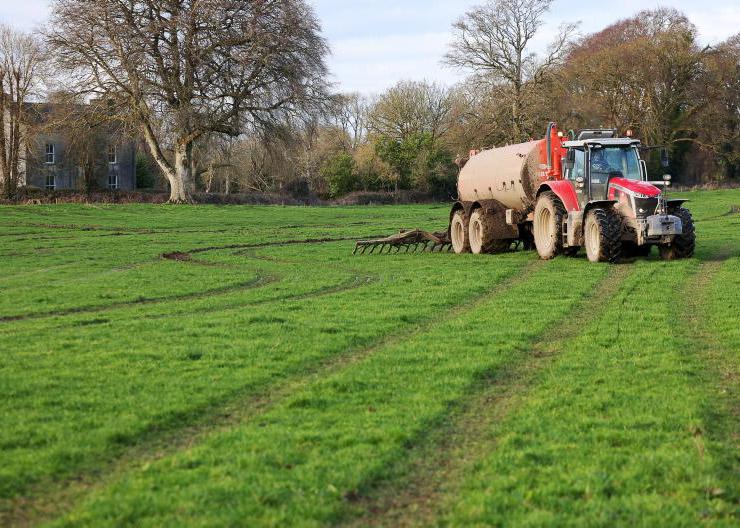
SHARING OPTIONS